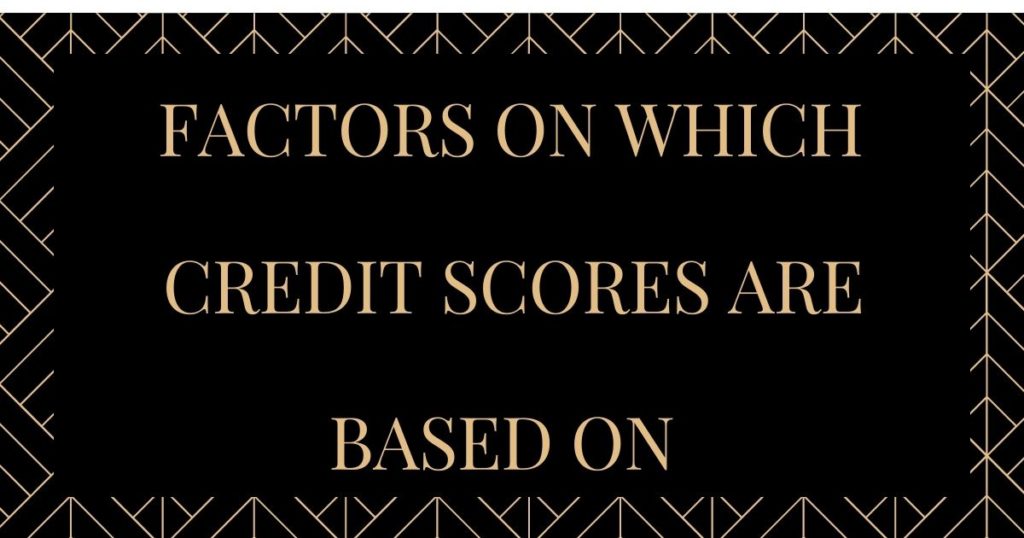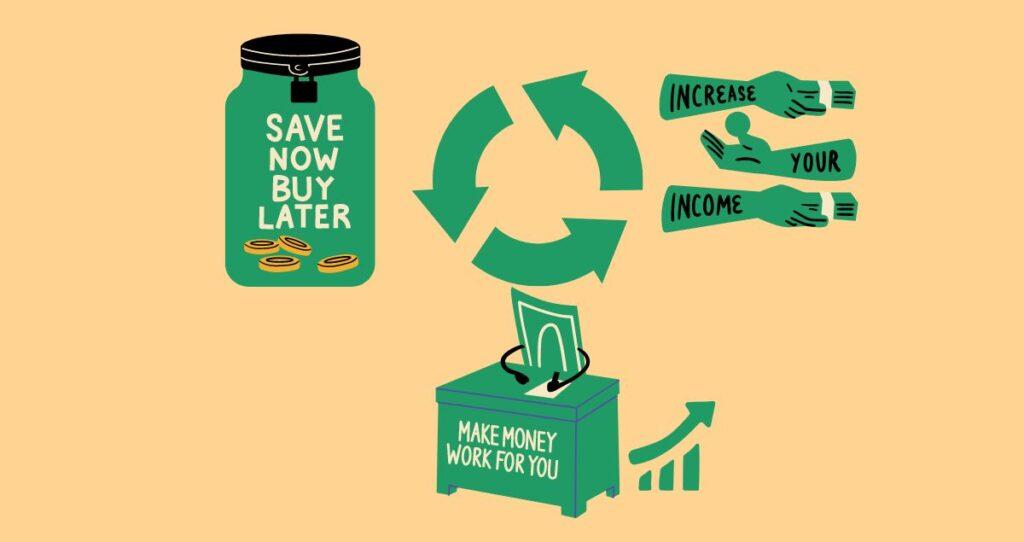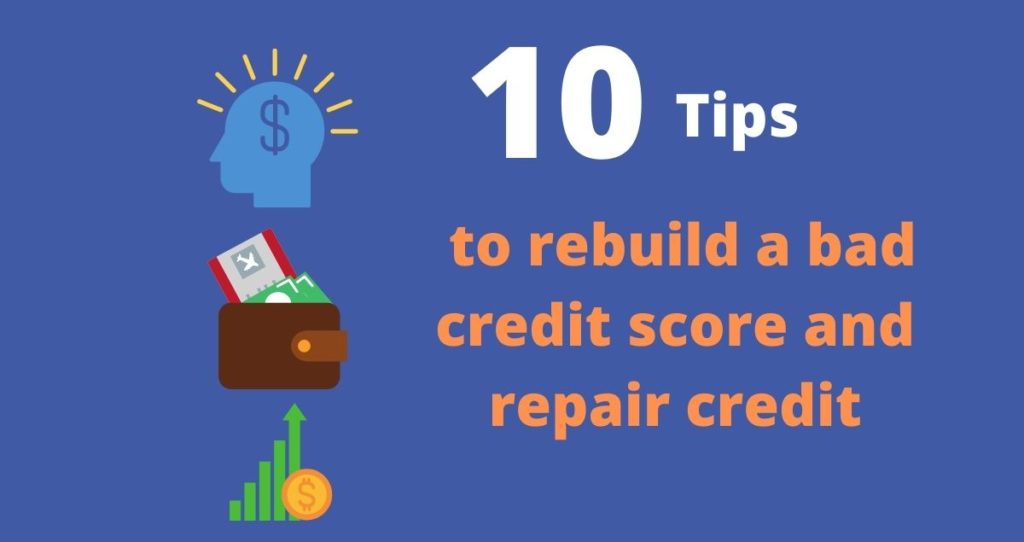What are the factors your credit score is based on? Your credit score is calculated using six factors which are described below.
- Payment history
- Credit utilization(debt)
- Derogatory marks
- Credit age
- Total accounts you have open
- Hard inquiries
1. Payment History
The payment history summarizes your behavior when it comes to paying off your bills. It will show whether you pay all your bills and more importantly on time.
This is the most important factor used when calculating your credit score. According to myFICO, your payment history covers 35% of your credit score.
So, if you want your score to improve, pay off all your credit card debts and on time. In addition, you must do the same for all other debts you have since they are used when calculating your credit score.
2. Credit Utilization (how much you used based on your limit)
Credit utilization shows how much you have used compared to your total credit line. For example, let’s assume that you have one card and your credit limit is $4000. If you used only $1000, your credit use will be $25%.
This is another important factor as it makes up 30% of your credit score calculation, according to thebalance.
The rule of thumb, you should always use less than 30% of your total credit line, according to Nerdwallet. Your credit limit is the total amount your lender will allow you to use on your credit cards.
3. Derogatory marks
Derogatory marks are made of
- Tax liens
- Bankruptcies
- Civil judgment
- Collection
- Foreclosure
Derogatory marks are also bad on your credit report as they can stay on your report for up to 7 years, according to LendingTree.
You can lose up to 150 points on your credit score after a bankruptcy, for example, according to credit.
4. Credit age
This factor is the average in years of your total open credit card accounts. Keep in mind that your credit age can be in months in you recently got a credit card and do not have older accounts.
This factor takes 15% of your credit score, according to thebalance.
5. Number of accounts
This is the total number of credit card accounts you have opened. It is always a good idea to have more than one credit card as it shows creditors that you are a responsible person when it comes to handling money.
You must use them carefully and pay all your balances on time.
The number of accounts makes up 10% of your credit score calculation.
6. Hard inquiries
This is the number of times you have applied for credit. For example, let’s assume that you want a mortgage to buy a house. So, your lender will run a hard pull on your credit history to see if you are qualified. This will show on your credit report as a hard inquiry.
Hard inquiries make up 10% of your credit score, according to equifax.
Furthermore, hard inquiries can stay on your credit report for up to 2 years, according to LendingTree.









